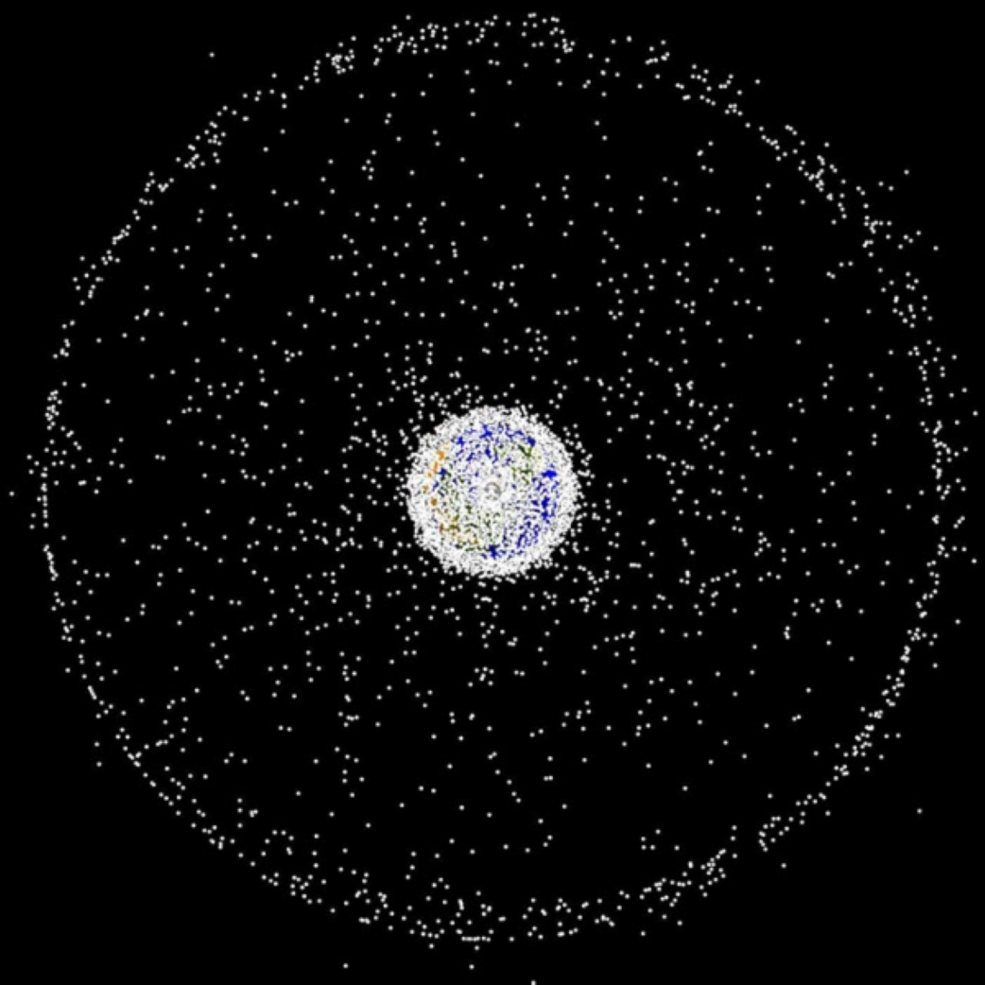3 min read

NASA's Office of Technology, Policy & Strategy is soliciting research and analysis related to the social, economic and policy aspects of space sustainability. This topic area is further refined into two separate elements: orbital space sustainability and lunar surface sustainability. OTPS will provide up to $300K (orbital) and $200K (lunar surface) for between 1-3 proposals in each element. Key questions are featured below.
Orbital Space Sustainability: Economic, Social and Policy Research and Analyses
Proposals should be responsive to one of the following questions:
- What are current policy, regulatory or legal gaps to improve space sustainability in various orbital regimes (LEO, MEO, GEO, Cislunar, and/or Lunar) and what specific measures should be taken to address them? Proposers may address one or several orbital regimes.
- Considering various scenarios for the space environment in the 2040 timeframe, what policies, regulations or other support are forecasted to be needed? Research should take into consideration that potential policies for space sustainability may be incentivized or rendered unnecessary by advancements in technological capabilities and differing assumptions about the future operational environment; therefore, the research should assess the robustness of various policy proposals under realistic assumptions.
- What are the costs to spacecraft operators from interacting with debris in GEO and Cislunar space? What are the benefits of potential risk-reducing actions?
- How effective are various policy tools and mechanisms (for example, performance bonds, incentives to improve PMD compliance/fees for bad behavior, global minimum tax, and environmental liability insurance)? How might such interventions impact the business of satellite owners and operators or government owners and operators?
Lunar Surface Sustainability: Economic, Social and Policy Research and Analyses
The sustainable development of the lunar surface acknowledges that current operations may impact our ability to conduct future operations (indeed current operations may also impact other current operations. Whether we seek to protect critical areas for scientific investigation (e.g., Permanently Shadowed Regions), preserve lunar heritage areas (e.g., Apollo sites) or incorporate other technical, economic, or cultural considerations may all factor into our mission planning, policy and potential regulatory approaches. Analyses may help disentangle and characterize the goals of sustainability, develop frameworks for evaluating the sustainability of operations, or compare and contrast the different definitions of sustainability. Proposals should consider both human and robotic missions.
All proposals must be submitted to one of the ROSES calls (F.21 or F.17) by May 17, 2024. Proposers can submit different proposals to each element. However, duplicate proposals submitted to both elements will only be considered for a single element (NASA will make most appropriate determination).
To submit proposals, visit:
Orbital Sustainability
Lunar Surface Sustainability






